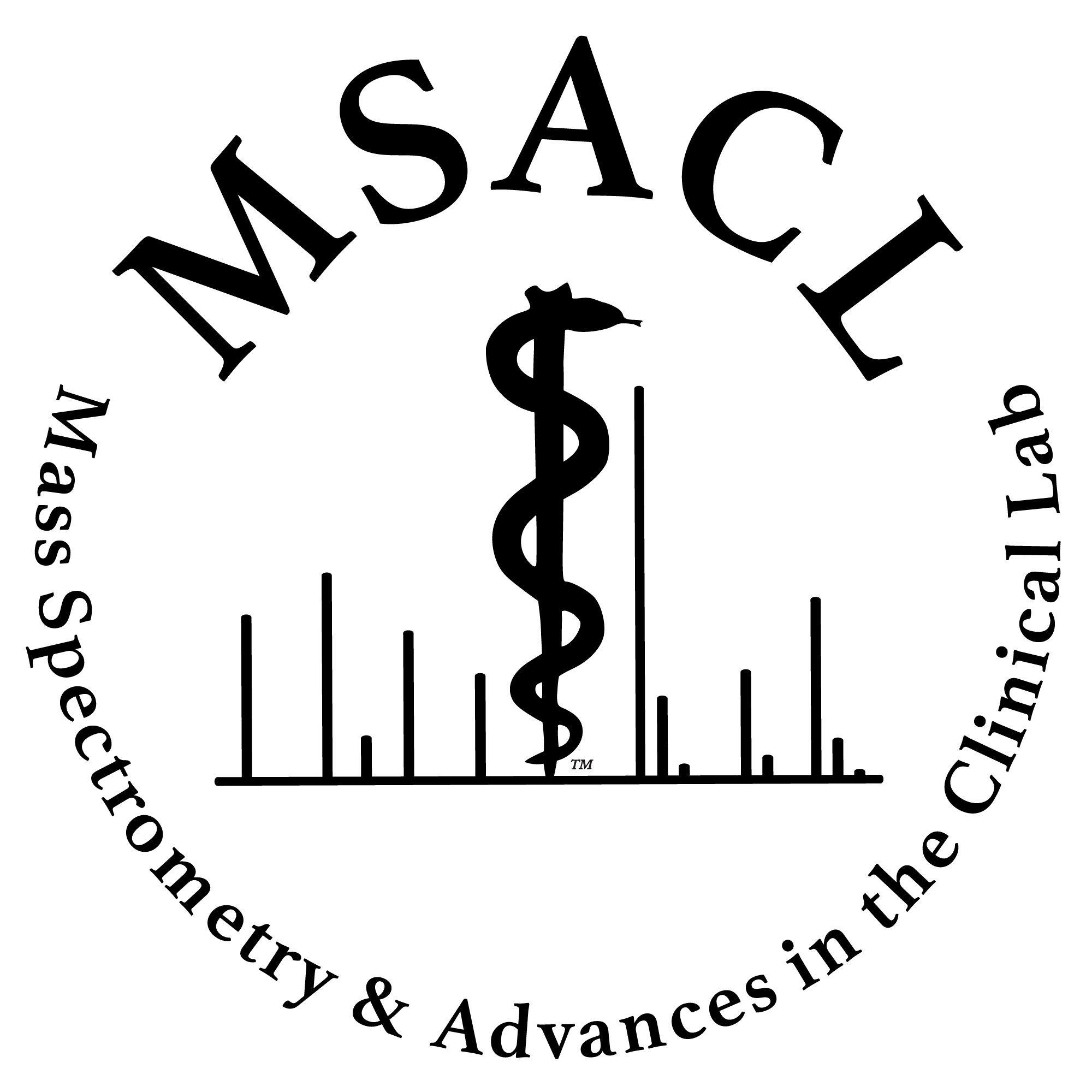 The Extracellular Microenvironment as a Pathological Differentiator The Extracellular Microenvironment as a Pathological Differentiator
Peggi Angel
Medical University of South Carolina

|
Peggi Angel, PhD (Presenter)
MUSC Proteomics Center |
|
Presenter Bio: Peggi Angel is Associate Professor at Medical University of South Carolina, where she works on technology advancements in MALDI imaging mass spectrometry (IMS) and biomarker imaging analyses in cancer disparities. Dr. Angel attended graduate school at the University of Georgia’s Complex Carbohydrate Research Center, graduating with a PhD in 2007. Her graduate research was on development of technologies for mapping N-linked glycan sites in mammalian development. After a postdoctoral fellowship at Emory University focused on membrane proteomics of fetal alcohol syndrome, she won a competitive Postdoctoral Fellowship with the Systems-based Consortium for Organ Design and Engineering. With the Fellowship, she worked at Vanderbilt University in the laboratory of Richard Caprioli on methods using MALDI IMS for developmental biology. Dr. Angel has developed IMS methods for increasing sensitivity of protein detection from tissues, analysis and identification of signaling lipids in negative mode, targeted metabolomics on tissue and cell culture, extracellular matrix protein detection in FFPE tissues, and N-glycomic strategies for proteins, cells, and tissue. Dr. Angel is a co-founder of Glycopath, a company that focuses on glycosylation patterns as a prognostic or diagnostic tool. She serves on the board of N-Zyme Scientifics, a company that produces enzymes for mass spectrometry. Dr. Angel is committed to serving the imaging mass spectrometry community and serves as President-Elect for the US Imaging Mass Spectrometry Society. |

